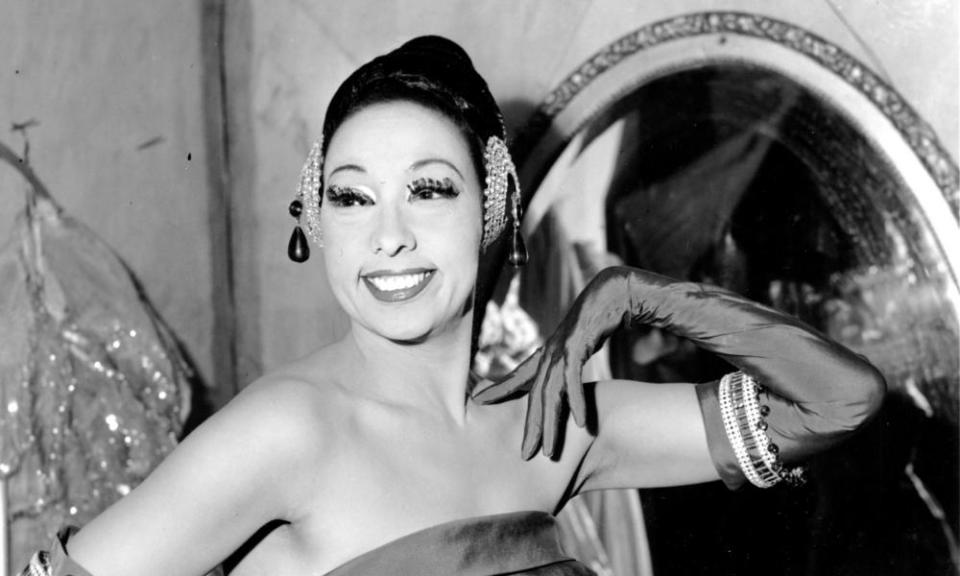The Guardian view on Josephine Baker: a timely addition to the Panthéon

President Macron’s decision to honour a consummate black artist and civil rights activist sends an important message
Above the portico columns of the Panthéon in Paris, which was completed the year after the storming of the Bastille, a solemn inscription reads, “To Great Men From a Grateful Nation”. Well over 200 years later, the famous mausoleum remains overwhelmingly the resting place of male heroes of the French nation, from Jean-Jacques Rousseau to Jean Moulin. But on Tuesday they will be joined by a black female dancer, singer and civil rights activist from Missouri, who spent her life breaking down barriers of exclusion.
Emmanuel Macron’s timely decision to grant entry to Josephine Baker carries a potent symbolism, as currents of xenophobia course through the French body politic ahead of next spring’s presidential election. After enjoying an early rise in the polls, Éric Zemmour, the far-right television pundit and author, is expected to officially declare his candidacy next month. Mr Zemmour’s odious promotion of racial exclusivism has influenced the mainstream French right and is shaping the election campaign to a disturbing degree. The Élysée’s recognition of Baker – who fled segregated America for France in the 1920s – gestures towards a more generous, inclusive country. The admission of the first black woman into the Panthéon also offers an opportunity to reflect on one of the most remarkable figures of the 20th century.
Having made her name as a vaudeville dancer in New York, Baker’s charisma and personality made her a sensation in Paris. At a time when French colonialism was generating a fascination with black art and culture, Baker made the most of freedoms not available in the United States. Within two years of arriving in France in 1925, she was reportedly the highest paid and most photographed woman in the world. Her unique rise was achieved mostly on her own terms: she subverted racial and sexual stereotypes on stage at the Folies Bergère, converted Parisians to jazz and never concealed her bisexuality.
After becoming a French citizen in 1937, Baker risked her life working for the resistance during the second world war, smuggling documents between music sheets and using her fame to open doors and access information. After the war, she was the only woman to speak on the podium alongside Martin Luther King, during the March on Washington. Back in France, she devoted her energies to raising a “rainbow” family of 12 adopted orphans from different ethnic origins. Their lives would demonstrate, she hoped, that “racial hatred is not natural. It’s an invention of man.”
The Élysée statement announcing Baker’s entry to the Panthéon noted that as a “resistance fighter and indefatigable anti-racist, she was in all the struggles which joined together people of goodwill in France and throughout the world”. Mr Macron has not always hit the right note when discussing multiculturalism and diversity. But as he seeks to galvanise liberal sentiment during a time when rightwing presidential candidates are calling for a moratorium on non-EU immigration, this is astute politics. It is also an appropriate way to honour a courageous and inspiring French citizen who was arguably as significant a figure in the history of black empowerment as Muhammad Ali.

 Yahoo Finance
Yahoo Finance 